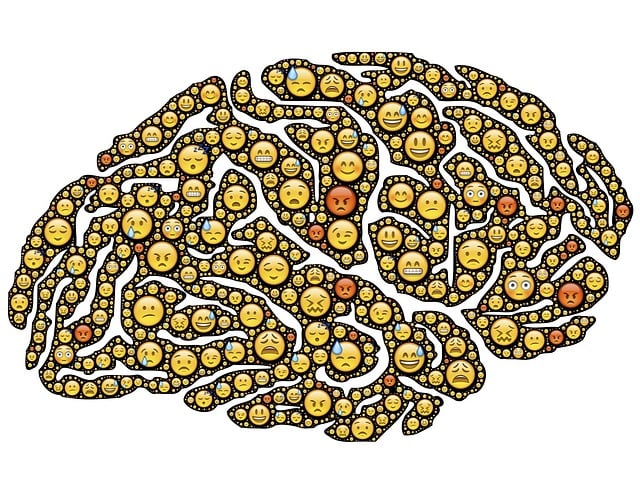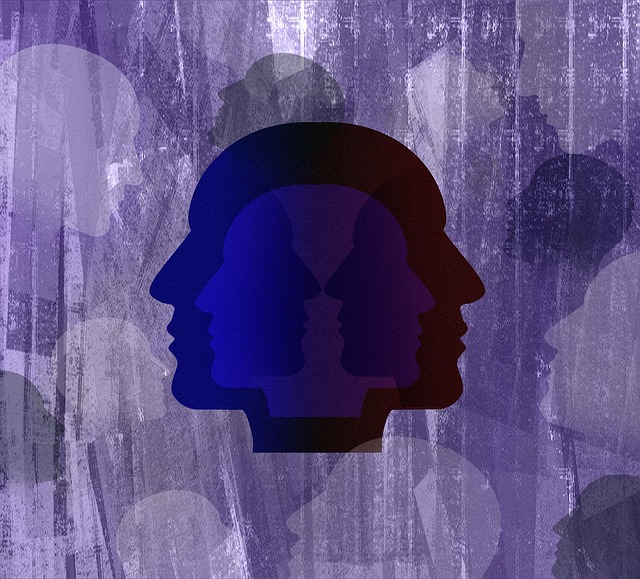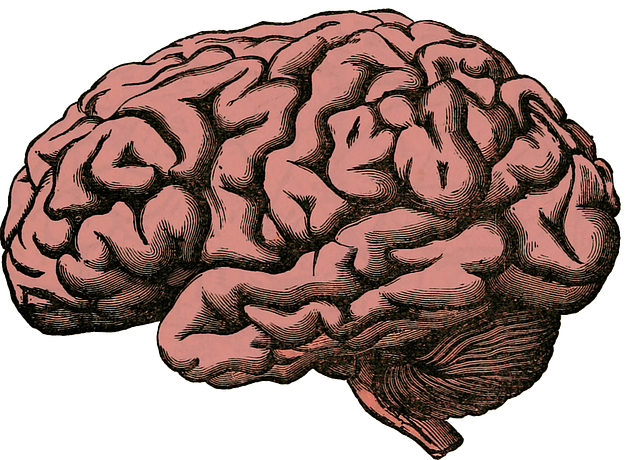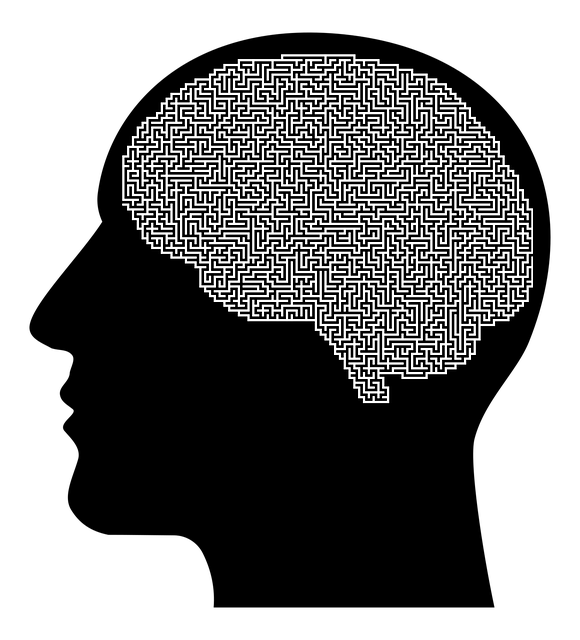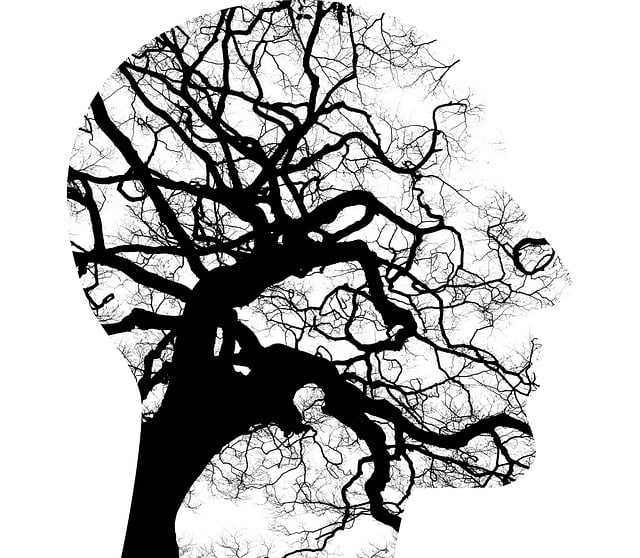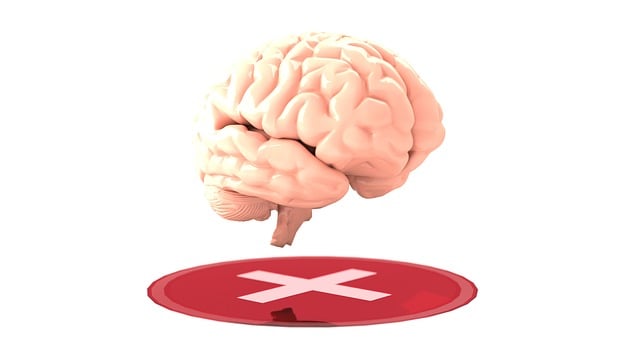In modern multicultural society, mental healthcare professionals must prioritize cultural sensitivity and language skills to provide effective therapy for bilingual individuals. Overcoming language barriers, understanding acculturation challenges, and respecting family dynamics are key. Tailored treatment plans that integrate cultural norms are essential to creating an inclusive space where bilingual clients feel heard, understood, and respected, addressing the unique complexities of living in a multilingual environment.

In the diverse tapestry of modern society, cultural sensitivity is paramount in mental healthcare practice. For bilingual individuals seeking therapy, this means finding practitioners who can navigate both their linguistic and cultural backgrounds. Effective communication is just the first step; therapists must also understand the unique challenges faced by these clients, such as language barriers, acculturation issues, and the potential for stigma within their specific communities.
Providing culturally sensitive care for bilingual patients involves ensuring access to interpreters, respecting family dynamics and decision-making processes that may differ across cultures, and integrating knowledge of cultural norms into treatment plans. Therapy for bilingual individuals should be tailored to address not just their mental health concerns but also the complexities of living in a multilingual environment, fostering an inclusive and supportive atmosphere where they feel heard, understood, and respected.
API responded with status code 504.

In the diverse, multicultural fabric of modern society, mental healthcare professionals must embrace cultural sensitivity to provide effective therapy for bilingual individuals. Barriers such as language differences can significantly impact the therapeutic process, creating a need for practitioners to be adept at adapting their approaches to suit various cultural contexts. Therapy for bilingual clients requires specialized skills to ensure comfort and accessibility.
When encountering patients who speak different languages, healthcare providers should explore options like qualified interpreters or multilingual resources. Timely access to these tools can facilitate clear communication, fostering an environment where individuals feel understood and respected. This proactive approach not only addresses the 504 Gateway Timeout issue that might arise from inadequate translation services but also ensures culturally competent care, enhancing the overall therapeutic experience for bilingual patients.
Cultural sensitivity in mental healthcare is paramount, especially when serving bilingual populations. Providing therapy that considers linguistic and cultural barriers can significantly enhance accessibility and effectiveness. By integrating language services and understanding diverse cultural perspectives, mental health professionals can create inclusive environments, ensuring quality care for all clients. This approach not only respects individual identities but also fosters deeper connections, leading to more successful therapeutic outcomes.
